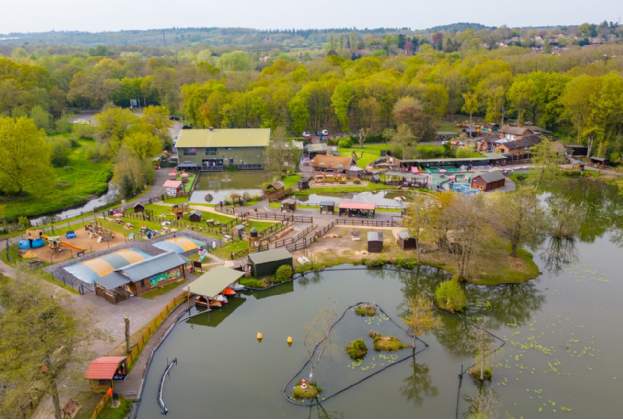Demand in England for school places for pupils with special educational needs (SEN) has increased substantially over the past decade, with over 1.5 million children being registered as having SEN as of January 2022. Of these, approximately 473,300 need assistance beyond what can be usually delivered by a school, college, or nursery from their own budgets or staffing, and therefore have a more detailed Education, Health and Care (EHC) plan in place.
English local authorities have a statutory responsibility to ensure that there are sufficient school places in a local area in ‘mainstream’ schools and settings for pupils with higher needs, but the rising number of children requiring additional assistance, combined with squeezed local authority budgets, has proved challenging.
Previously, many local authorities looked to the private sector to fulfil their requirements, funding places for pupils at SEN schools, but as demand has increased this has become increasingly costly. As such, we have seen a noticeable trend over the last 18 months, and are working on several targeted requirements for, local authorities acquiring their own school estates to operate directly as SEN schools in a hope to minimise costs, retain direct control of services and bolster private provision in their area.
The trend has been facilitated by an increasing number of former private school sites coming to the market, which provide ample opportunity to be converted to SEN schools, either by local authorities or by other providers.
An example includes the former independent boarding school of St Mary’s Shaftesbury (pictured above) in Dorset, which offers 160,000 sq ft of accommodation and was acquired by Dorset Council in January 2021. The Council is creating a school for the children and young people of Dorset with SEN who can’t be fully catered for through their mainstream school offering.
While many local authorities have found the model of operating their own SEN schools to be sound, it is not without challenges. Looking ahead, Ofsted and the Care Quality Commission (CQC) is likely to implement a new joint inspection framework from early 2023 for SEN arrangements. Among other measures, this will introduce more inspections and visits of SEN pupils in schools and, in particular will be 'looking more closely at arrangements for children and young people in alternative provision' – effectively, whether those within specialist SEN schools can be accommodated better within ‘mainstream’ school environments.
Local authorities therefore need to be aware of the extra resourcing required to meet these requirements. While a direct-ownership model has its attractions, there are advantages to working with third-party operators which specialise in the sector, and both models should be fully explored and costed before the decision to acquire a new site is taken.

.jpg)


.jpg)
